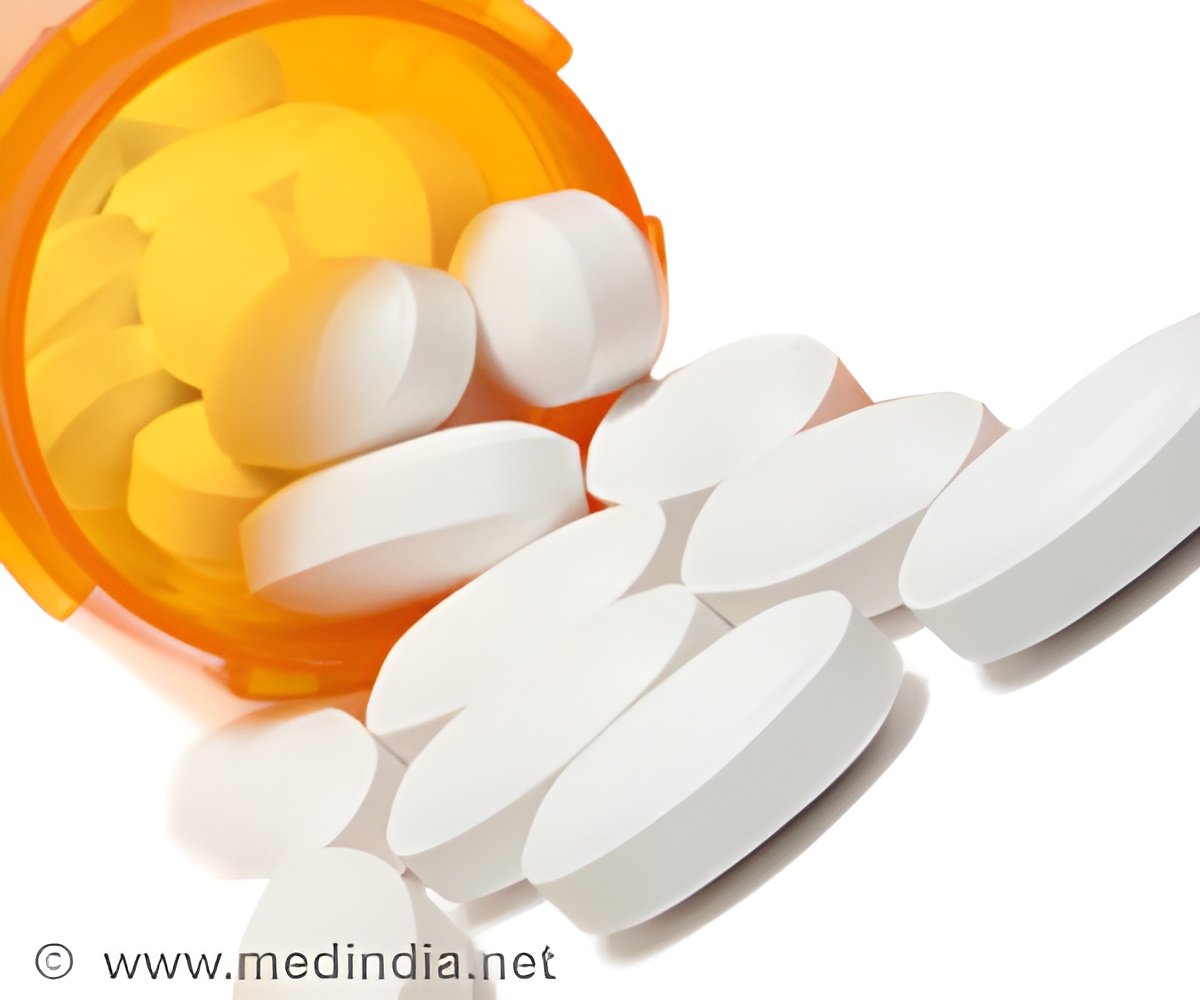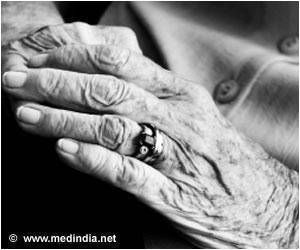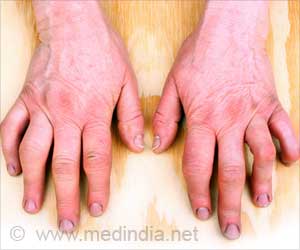The experimental drug called J147 surprised researchers by showing unexpected anti-aging effects on mice as the drug made old mice look like they were young.

‘Mice treated with the experimental drug called J147, were found to have better memory and cognition, healthier blood vessels in the brain and improved physiological features.’





In the new work, the team showed that the drug candidate worked well in a mouse model of aging not typically used in Alzheimer's research. When these mice were treated with J147, they had better memory and cognition, healthier blood vessels in the brain and other improved physiological features.
Initially, the impetus was to test this drug in a novel animal model that was more similar to 99 percent of Alzheimer's cases, says lead author Antonio Currais, adding that J147 made old mice look like they were young, based upon a number of physiological parameters.
Researcher David Schubert said that if proven safe and effective for Alzheimer's, the apparent anti-aging effect of J147 would be a welcome benefit. The team aims to begin human trials next year.
The study appears in the journal Aging.
Advertisement















